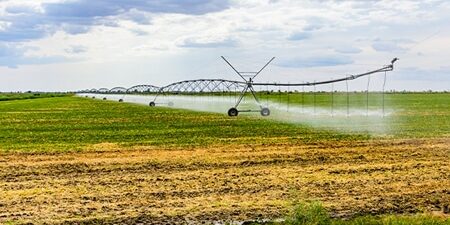The Benefits of Homogenization, Pesticides, and Micron Diameter
Organic liquid fertilizer production lines are essential for providing the necessary nutrients for plants and crops. They are used for a variety of purposes, from improving soil quality and providing essential nutrients to plants and crops, to providing a steady and reliable supply of fertilizer to farms and fields. As the world’s demand for organic food continues to increase, the demand for organic liquid fertilizer production lines is also increasing.

Homogenization is an important step in the organic liquid fertilizer production line. Homogenization is the process of breaking down large particles into smaller particles to ensure consistent product output. This process helps to improve product quality and reduce the risk of clogging in the final product. Homogenization also helps to create a more uniform product, which can be beneficial when trying to achieve the desired results.
The product coming out of the organic liquid fertilizer production line can also be used as a pesticide. This can be an effective way to control pests and protect crops from damage. It is important to note, however, that these products should be used with caution, as some can be harmful to humans and animals if ingested.
Micron diameter is another important factor to consider when handling organic liquid fertilizer production lines. The micron diameter refers to the size of the particles in the fertilizer. This is important to consider ensuring that the particles are small enough to be sprayed effectively. If the particles are too large, they will not break down evenly when sprayed, resulting in an uneven application.


Organic fermentation is another important step in the production line. This process involves the growth of beneficial bacteria that feed on organic matter and convert it into usable nutrients. This helps to improve the soil quality and provide a greater amount of nutrients to the plants and crops. It is also important for organic bacterial growth and organic bacterial fermentation to produce beneficial enzymes and organic acids.
Organic liquid fertilizer production lines require a high level of precision and expertise to produce a consistent and high-quality product. Homogenization, pesticide use, and micron diameter are all important considerations to keep in mind when utilizing an organic liquid fertilizer production line. By understanding these factors, farmers and growers can ensure that they are providing their crops with the best possible nutrition.

























